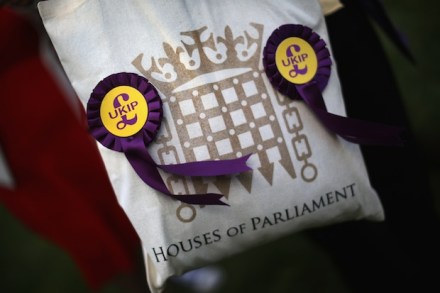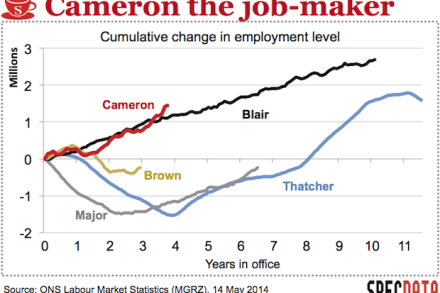Ukip vs Tories vs Labour — how alike are the voters?
How similar are Ukip and Tory voters? Although the party hierarchies are keen to distance themselves from each other, there’s plenty of overlap in the opinions of their supporters. Firstly, both groups are enthusiastic about heading to the polls this Thursday. A few weeks ago, Ukip was slightly ahead of the other parties in the likeliness to vote ratings. Now the polling says they’re far more likely to vote than the Tories. According to the latest poll, almost three quarters of ‘kippers say they will definitely vote on Thursday compared to a little over half for the Tories: [datawrapper chart=”http://static.spectator.co.uk/4YxMN/index.html”] The Tories and Ukippers have similar views on Faragiste warnings




















